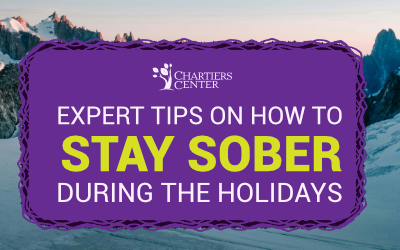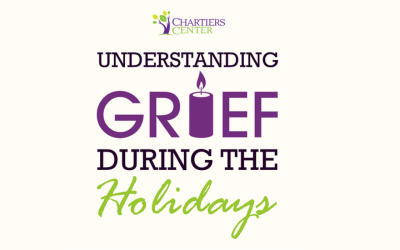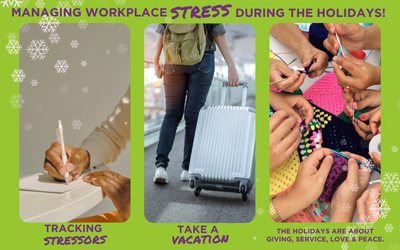
When an individual is addicted to drugs and alcohol, the situation can create a lot of concern and fear. It is not uncommon for threatening accidents or overdoses to be at the forefront of those worries. However, another prevalent issue associated with addiction is the risk of suicide. In fact, individuals who are at risk of substance abuse and suicide share a number of risk factors such as family conflict, relational or social losses, and social withdrawal. The good news is that suicide can be prevented. All of us can play a role in suicide prevention by knowing the signs for suicide, finding the words to reach out to a person in emotional pain, and reaching out to local resources.
Along with being National Recovery Month, September also features Suicide Prevention Week during September 7th – 13th, 2020. During this week individuals and organizations around the country and the world join their voices to broadcast the message that suicide can be prevented, and to reach as many people as possible with the tools and resources to support themselves and those around them. During this week you may hear or see the words “suicide prevention” more often than usual. Here are a few basic things you should know and that you can share with those around you:
Suicide can be prevented. Most of us have been touched by the tragedy of suicide. We may have lost someone close to us or been moved by the loss of someone we may have never met. For example, when Robin Williams died in 2014 millions of people felt intense grief. When a suicide happens, those left behind often experience deep shock. Even if they knew the person was struggling, they may not have expected suicide would be the result. However, many people who find themselves in a suicide crisis can and do recover. Suicide can be prevented; you can help by taking the following actions:
- Know the Signs: Most people who are considering suicide show some warning signs or signals of their intentions. Learn to recognize these warning signs and how to respond to them by visiting the Know the Signs web site (suicideispreventable.org).
- Find the Words: If you are concerned about someone, ask them directly if they are thinking about suicide. This can be difficult to do, but being direct provides an opportunity for them to open up and talk about their distress and will not suggest the idea to them if they aren’t already thinking about it. The “Find the Words” section of the Know the Signs web site (suicideispreventable.org) suggests ways to start the conversation.
- Reach Out: You are not alone in this. Before having the conversation, become familiar with some resources to offer to the person you are concerned about. Visit the Reach Out section of California’s Suicide Prevention campaign web site (suicideispreventable.org) to identify where you can find help for your friend or loved one.
Help is available
Call Chartiers Center 412 221-3302.
After hours call resolve Crisis Services 1-888-796-8226 or
The Suicide Prevention Lifeline (1-800-273-8255- TALK) offers 24/7 free and confidential assistance from trained counselors. Callers are connected to the nearest available crisis center.



